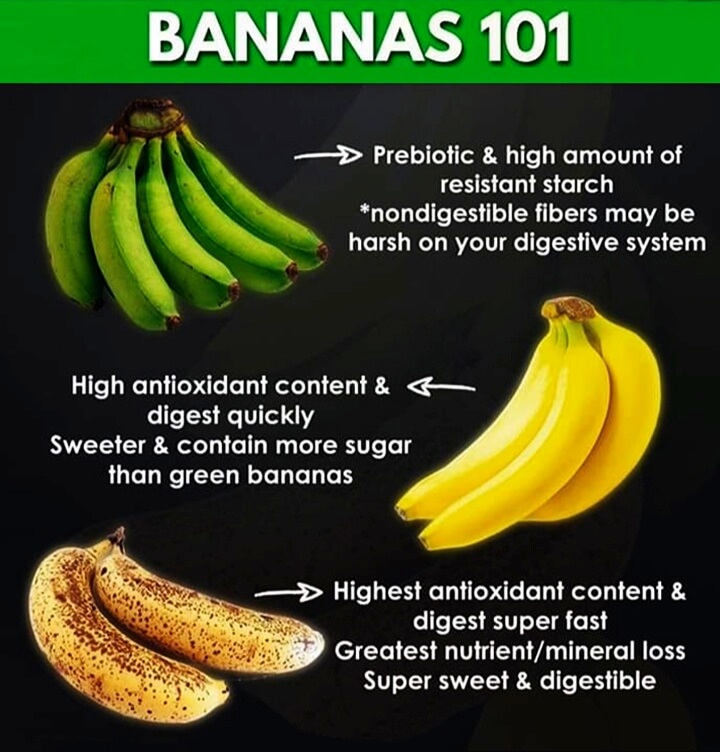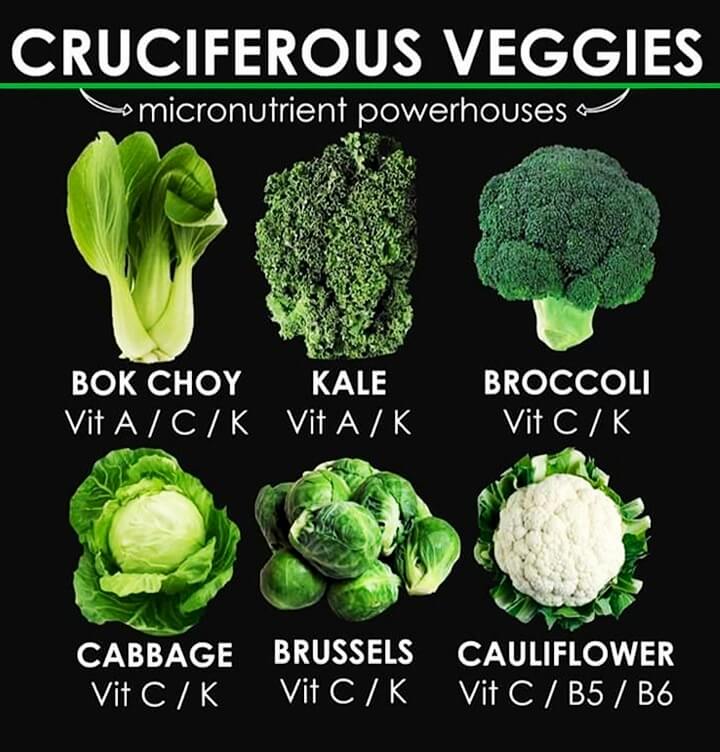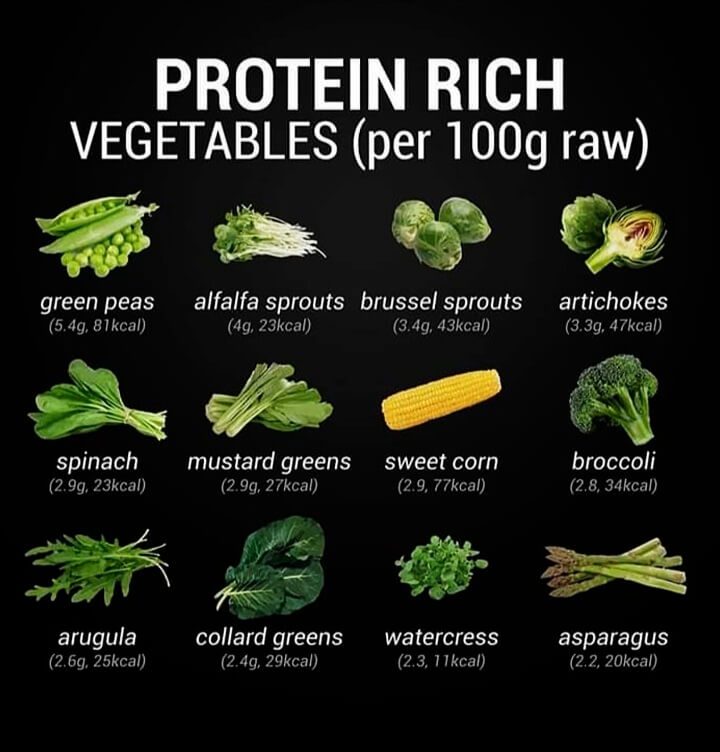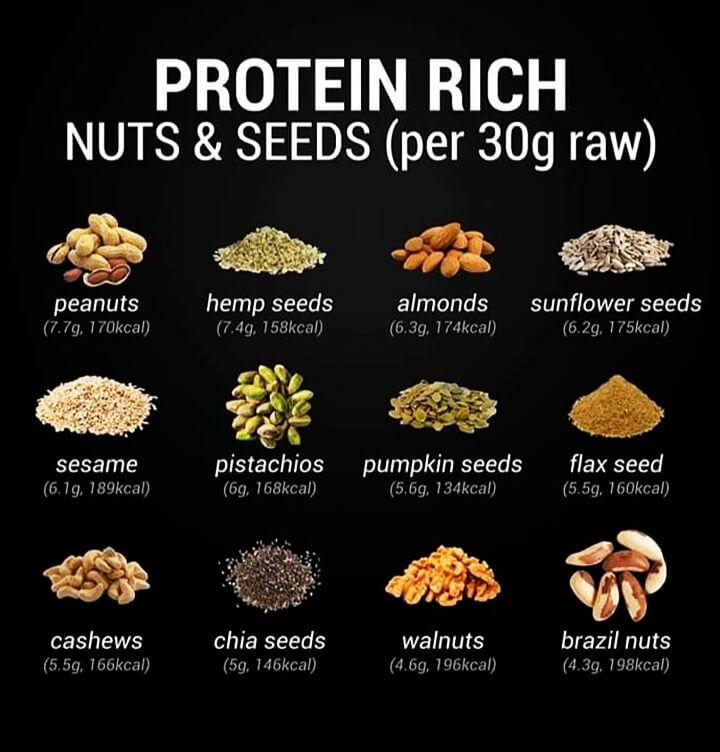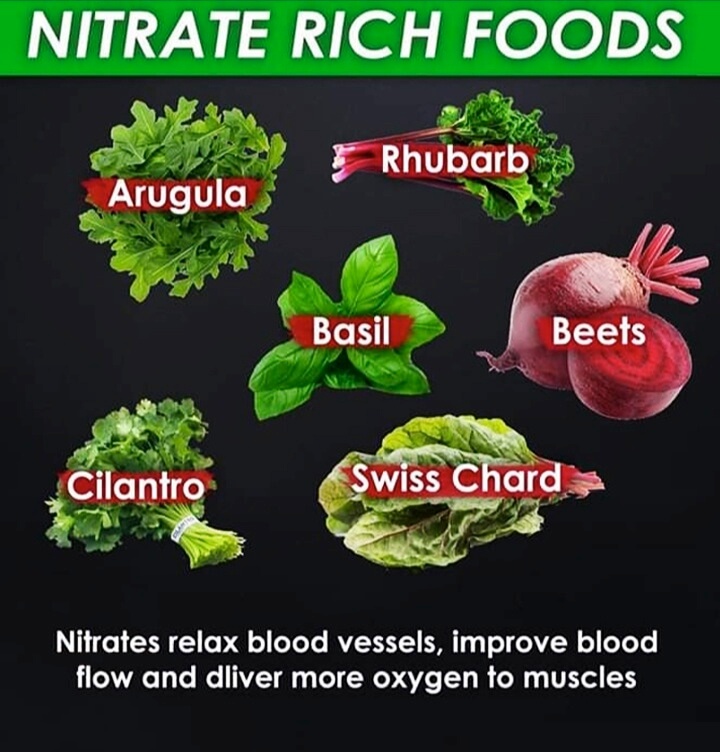Dt. Ankita Zaveri
Consulting Nutritionist, Dietician, Diabetes Educator
+91 9892099108 | ankitarzaveri@gmail.com
Polycystic Ovarian Syndrome (PCOS) is a condition in which there is hormonal imbalance observed in the body. It is most commonly observed in the women of reproductive age. Women with PCOS has been observed to have higher than normal levels of androgens (male hormones), which can wreak havoc in the body. It can have serious implications in the body including metabolic disease like heart conditions, diabetes, infertility, irregular menses, skin issues (acne), unwanted hair growth, hair thinning, obesity etc, which most often impacts one’s emotional and mental health being resulting in depression.
Primary treatment for PCOS is to undergo dietary & lifestyle modification, which has shown to remarkably improve metabolic as well as reproductive health. Women with PCOS tend to gain weight easily because they have higher than normal level of insulin (hormone produced by pancreas which help body convert sugar to energy) and PCOS coupled with weight gain can cause insulin resistance (body doesn’t respond normally to insulin), which makes it difficult to lose weight. Therefore a well-planned diet and exercise regimen will help manage symptoms of PCOS & can assist in weight management.
PCOS diet comprises of a well-balanced diet which helps to nourish the body, helps in reducing weight, positively impact hormones and by improving insulin resistance. Following listed are the nutritional guidelines for a PCOS diet-
- Opt for whole foods and cereals in the diet which are high in nutrients as well as fibre, which helps by reducing insulin levels and also doesn’t allow sudden spike in blood sugar which are known to be low glycaemic Index (GI) foods.
- Choose whole grains & cereals like wheat, oats, jowar, bajra, quinoa, brown rice etc instead of opting for highly processed foods. In short cut back on white breads, muffin, Maida based items, sugar etc.
- Consume enough veggies & fruits in the diet which are supposed to be anti-inflammatory. Choose leafy greens & let your plate be colourful by including variety of veggies which adds on to antioxidants. Salad can be a part of the meal (Beware of the salad dressing).
- Opt for whole fruits instead of consuming fruit juices which are often filled with added sugars and most of the time devoid of fibre.
- Whilst reading food labels, be sure to look for sugar’s various names like sucrose, high fructose corn syrup and dextrose. Thereby be wary of “healthy foods with hidden sugars”
- Consume enough proteins in the diet. Proteins keep you fuller longer and so you’re less likely to reach for unhealthy snacks. Include dried beans, lentils, skim/ low fat milk & its products like curd, paneer etc, lean meats like fish, chicken, egg whites rather than opting for red meats.
- Include good fats in the diet. Include omega 3 fatty acid rich foods like flax seeds, chia seeds, walnuts etc. For non-vegetarians Fatty fish like salmon, tuna, mackerel, herring, and sardine can be included. Eliminate trans fats from the diet like margarine which is usually found in bakery Items or in packaged foods as hydrogenated fats
- Avoid foods that trigger inflammation in the body like fried foods, fatty foods, and processed foods.
- Watch out for any additional salt in the diet. Avoid table salt. Limit intake of processed and canned food items which are always loaded with sodium.
- Consume enough water in the diet.
Diet needs to be tailored individually as per an individual’s symptoms & lifestyle. Just by gaining some control over your choices & by recognising that all it takes is making a few reasonable adjustments to your eating approach & level of movement one can make a huge difference. A qualified nutrition expert will help you understand and manage the dietary & lifestyle changes which one needs to undergo.
PCOS responds positively to proactive lifestyle choices. Exercise along with healthy diet may reduce insulin resistance and thereby help in achieving target goal. Stress reduction techniques, help calm the mind and let you connect with your body. Yoga, meditation, pursuing a hobby helps in achieving mental relaxation.
